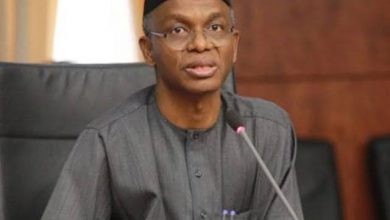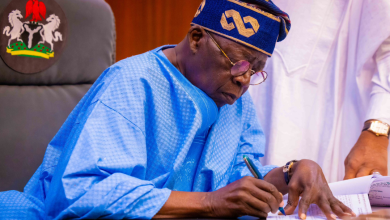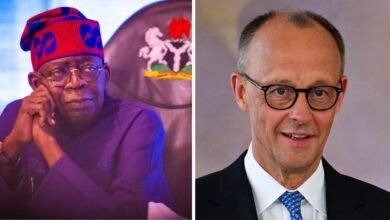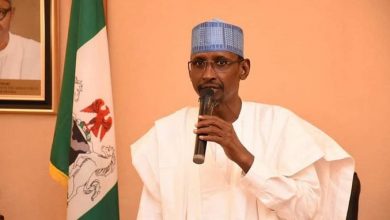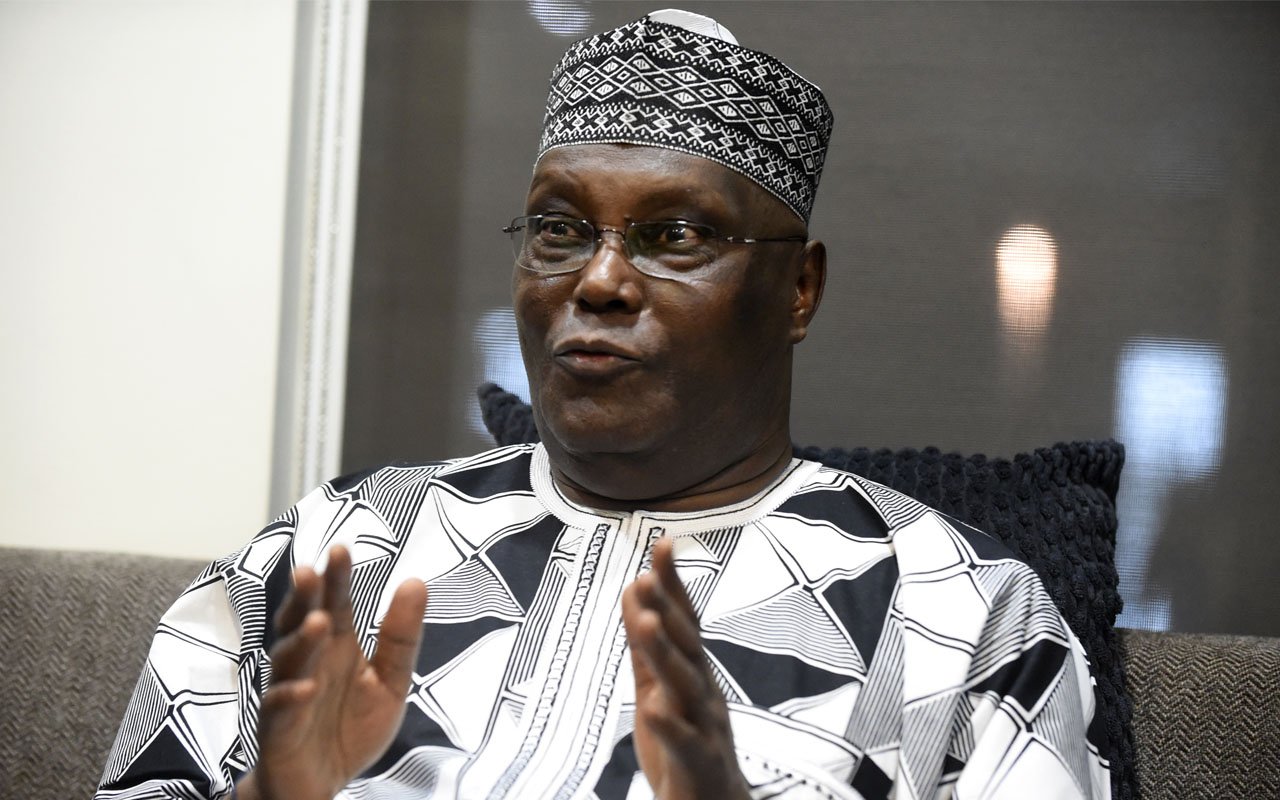
Our attention has again been drawn to another futile attempt by Alhaji Atiku Abubakar, the self-styled opposition leader, as he erroneously criticised the 2025 budget proposal before the National Assembly.
Abubakar’s attempt to be heard on all issues in opposition to President Bola Ahmed Tinubu’s progressive and radical government has again led him to commit a fatal error of judgment. He described the national budget estimates as lacking structural reforms, exposing his usual hasty judgments on national issues.
This time, the former Vice President may have failed to consult with his retinue of advisers who at least should have pointed him to the salient provisions of the budget proposals for 2025 before rushing to the Press.
In his umbrage, Atiku Abubakar argued that the budget proposal lacked the “fiscal discipline” required to address the nation’s economic challenges and that “the budget was destined to fail due to weak foundations. We disagree with the claim.
For starters, we contend from the point of fact that, indeed, this is the first time since the return to democracy that the country’s budget reflects higher projected capital spending to recurrent expenditures ratio at 52% capital expenditure compared to 48% per cent recurrent expenditure which in itself is the strong support base upon which the budget is framed.
This contradicts Atiku’s stance that the budget proposal lacks structural reforms and fiscal discipline. Referring to his focus on debt servicing, which stands at N15.8 trillion (33% of total expenditure), capital expenditures of N16 trillion (34%), and recurrent spending of N14 trillion (30% of the budget), Atiku says these figures will fuel inefficiencies and sustain an oversized bureaucracy.
Nigeria’s budgets have always had higher recurrent expenditures than capital expenditures. Between 1981 and 1990, capital expenditures accounted for 43.34% of total spending, while recurrent expenses accounted for 56.66% between 2011 and 2019.
To declutter Atiku’s perspective of the 2025 budget, we specifically direct his attention to the capital expenditure ratio to recurrent expenditure during his years in government as vice president.
For instance, the ratio of recurrent expenditure to capital expenditure in Nigeria’s 2001 budget was about 52% to 48% at N579.3 billion to N438.7 billion, respectively. In 2002, the ratio fell precipitously to 41.12% for capital expenditure, while recurrent expenditure increased to 58.82%.
Continuing the trend, the 2003 budget estimate of N765.132 billion included N508,768,350,687.00 in recurrent expenditures and a capital expenditure profile of N256,363,677.292, a clear shift of projected spending to recurrent expenditures.
The insights from these ratios underscore the country’s origins and how the Tinubu administration has begun a paradigm shift away from higher federal government spending. We do not, in good conscience, see any justification for Atiku’s dismissal of the 2025 budget estimate as lacking structural reforms and fiscal discipline.
Talking about fiscal discipline, we could not find a better testimony of budgetary discipline than the commitment by the President to reduce the inflation rate from the current high of 34.46% recorded in November to a low of 15% in 2025. President Tinubu declared during the budget presentation to parliamentarians that the government would avoid inflationary spending to accomplish this.
This is a substantial commitment to understanding and embracing fiscal discipline in government business and spending. No Nigerian leader in similar fiscal situations has publicly made such a commitment.
We also find Atiku’s questioning of the 85% performance of the 2024 budgeted capital expenditure without any evidence rather curious and uncharitable. In this light, we counsel that opposition politicians must eschew deliberate obfuscation and manipulation of facts and figures to hoodwink the populace.
In the tradition of opposition denunciation of debt servicing figures, even when they don’t provide effective deficit funding alternatives, Atiku made a singsong of the N15.81 trillion allocated to debt servicing. Our submission in this regard is that the administration is committed to clearing debt obligations due in 2025. This builds global confidence in Nigeria as a credit-worthy sovereign with benefits that include cheaper-priced debt if the country must approach the global debt arena for loans.
We note with interest, however, that despite 33% of the total expenditure committed to debt servicing, the allocations for critical social and infrastructural items have substantially increased compared to the 2024 budget. Allocations for defence increased from N2.03 to N4.91 trillion, while allocations to infrastructure increased from N1.91 trillion to N4.06 trillion. Education allocation increased from N2.36 to N3.5, and health allocation increased from N1.48 trillion to N2.48 trillion.
The immediate impression we get from aggregating these increased allocations to the critical sectors is that they are straightforward designs to drive the developmental impetus, perhaps more than ever, witnessed in the country.
We also have issues with Atiku’s criticism of the planned increase in the Value Added Tax (VAT) from 7.5% to 10%. The former vice president labelled it a regressive move that would heighten economic hardship. The former vice president deliberately distorted documented policies. Most Nigerians use food, medications, education, and virtually all essential items exempt from VAT payments.
In conclusion, we request unrestrained engagement with government policy, but we demand that this be predicated on factual, honest, and transparent indices. These values enhance the capacity of the larger Nigerian populace to form opinions without the risk of being manipulated and railroaded into a deliberately tainted point of view.


